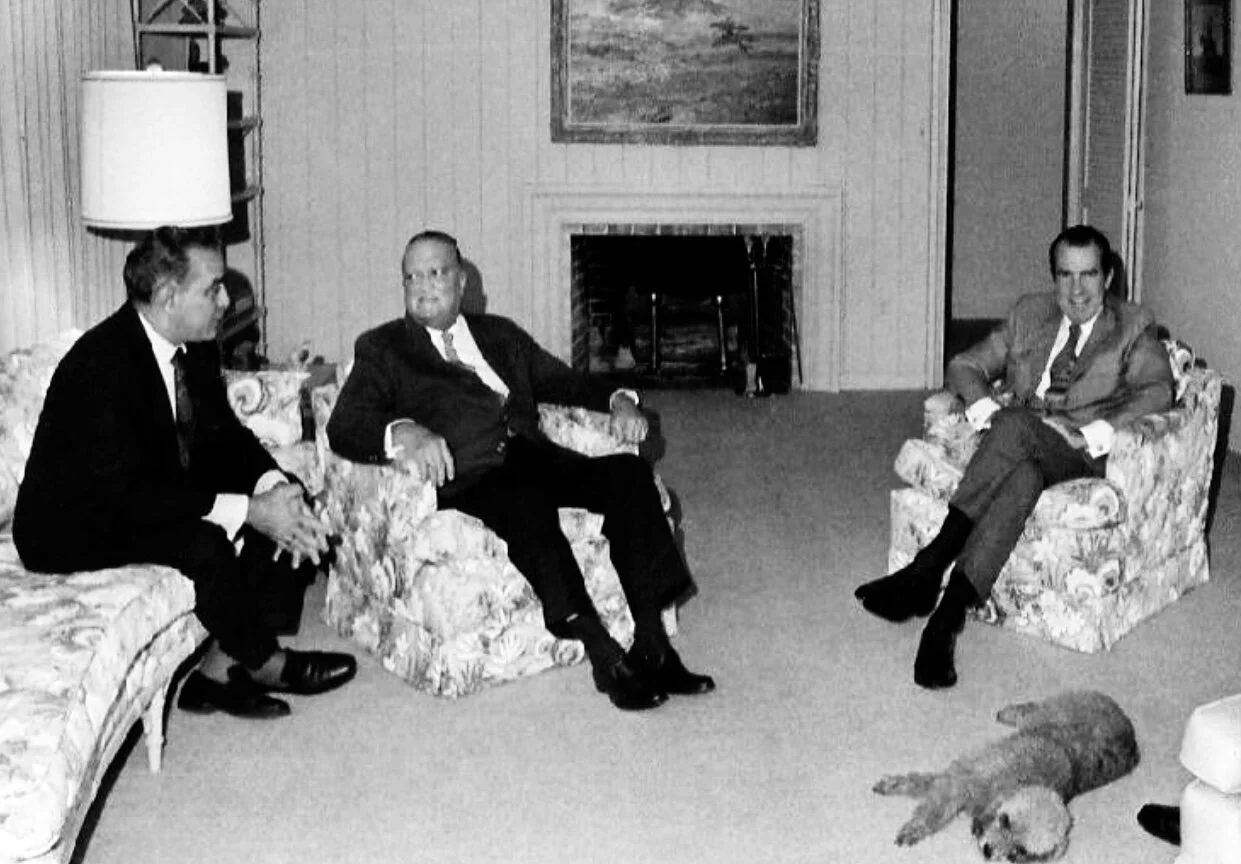The more murderous this group gets, the less incentive we have to compromise with them. Just laws - despite all that subversion - are still in effect in the United States of America.
As a result of the expanded and intensified bombing campaigns, it has been estimated that as many as 350,000 civilians in Laos, and 600,000 in Cambodia, lost their lives. (These are not the highest estimates.)
Patterns.
Figures for refugees are several multiples of that. In addition, the widespread use of toxic chemical defoliants created a massive health crisis which naturally fell most heavily on children, nursing mothers, the aged and the already infirm, and which persists to this day.
Bebe Rebozo Charles Gregory "Bebe" Rebozo was a Florida banker and businessman who was a friend and confidant of President Richard Nixon.
Though this appalling war, and its appalling consequences, can and should be taken as a moral and political crisis for American institutions, for at least five United States presidents, and for American society, there is little difficulty in identifying individual responsibility during this, its most atrocious and indiscriminate stage.
Richard Nixon as Commander in Chief bears ultimate responsibility, and only narrowly escaped a congressional move to include his crimes and deceptions in Indochina in the articles of impeachment, the promulgation of which eventually compelled his resignation.
But his deputy and closest advisor, Henry Kissinger, was sometimes forced, and sometimes forced himself, into a position of virtual co-presidency where Indochina was concerned.
For example, in the preparations for the invasion of Cambodia in 1970, Kissinger was caught between the views of his staff-several of whom resigned in protest when the invasion began-and his need to please his President.
His President listened more to his two criminal associates-John Mitchell and Bebe Rebozo-than he did to his Secretaries of State and Defense, William Rogers and Melvin Laird, both of whom were highly skeptical about widening the war.
If Nixon really thought Kissinger would be held responsible than he was probably just another “useful idiot”.
On one especially charming occasion, a drunken Nixon telephoned Kissinger to discuss the invasion plans. He then put Bebe Rebozo on the line. "The President wants you to know if this doesn't work, Henry, it's your ass."
“Ain't that right, Bebe?" slurred the Commander in Chief. (The conversation was monitored and transcribed by one of Kissinger's soon-to-resign staffers, William Watts.)
It could be said that in this instance the National Security Advisor was under pressure; nevertheless he took the side of the pro-invasion faction and, according to the memoirs of General William Westmoreland, actually lobbied for that invasion to go ahead.
A somewhat harder picture is presented by former Chief of Staff H.R. Haldeman in his Diaries. On 22 December 1970, he records: Henry came up with the need to meet with the P[resident] today with Al Haig and then tomorrow with Laird and Moorer because he has to use the P[resident] to force Laird and the military to go ahead with the P[resident]'s plans, which they won't carry out without direct orders. The plans in question, involved... attacking enemy forces in Laos.
In his own memoirs, White House Years, Kissinger claims that he usurped the customary chain of command whereby commanders in the field receive, or believe that they receive, their orders from the President and then the Secretary of Defense.
He boasts that he, together with Haldeman, Alexander Haig and Colonel Ray Sitton, evolved “both a military and a diplomatic schedule" for the secret bombing of Cambodia.
On board Air Force One, which was on the tarmac at Brussels airport on 24 February 1969, he writes, "we worked out the guidelines for the bombing of the enemy's sanctuaries."
Air Force Colonel Sitton, the reigning expert on B-52 tactics at the Joint Chiefs of Staff, noted that the President was not at the meeting but had said that he would be discussing the subject with Kissinger.
There’s a very easy to understand reason why so many around Kissinger face consequences while he doesn’t.
A few weeks later, Haldeman's Diaries for 17 March record: Historic day. K[issinger]'s “Operation Breakfast" finally came off at 2.00 PM our time. K[issinger] really excited, as was P[resident]. The next day's entry reads:
K[issinger]'s “Operation Breakfast" a great success. He came beaming in with the report, very productive.













